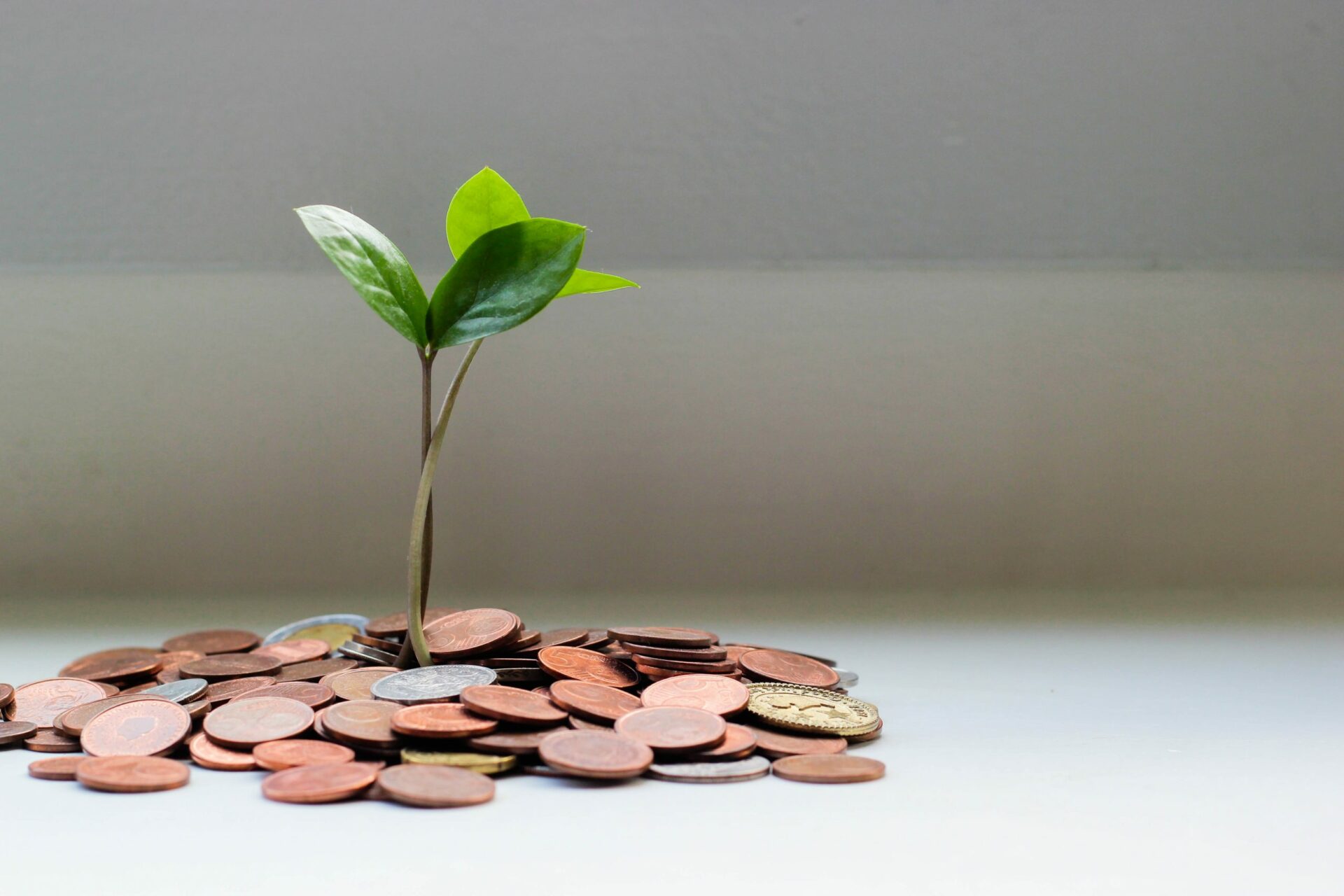
micheile-henderson-lZ_4nPFKcV8-unsplash
In March 2025, African startups experienced a significant decline in funding, raising $50 million, which is by far the lowest monthly total since late 2020, during the height of the COVID-19 pandemic.
This decline is particularly alarming when compared to the $289 million raised in January 2025 and the $119 million secured in February 2025. Overall, this marks an 82.7% decrease from January’s figure, showing a slowdown in investor activity.
Despite this sharp drop, African startups collectively raised just $460 million in the first quarter of 2025. While this figure is not much different from the $486 million raised in 2024, it is evident that January alone contributed to more than half of the total funding for the quarter.
The Big Four—Nigeria, Kenya, Egypt, and South Africa—accounted for 83% of the total funding. Kenya and Nigeria led the pack, securing 24% each of the total investment. Meanwhile, Togo also made notable strides, largely due to Gozem’s $30 million Series B funding.
Female startup funding: The numbers are not looking good
Female-founded startups fared even worse, raising just over 2% of the total startup funding in Q1 2025. This equals a mere $10 million, with a significant portion of that coming from a $6.2 million grant awarded to South African biotech firm Afrigen Biologics.
The figure becomes even more concerning when excluding grants, as the share drops to a mere 0.7%.
This funding disparity is not new. In 2024, startups led by female CEOs raised only $48 million, making up just 2% of the total $2.2 billion invested in African startups that year. Gender biases within the investment ecosystem continue to hinder female entrepreneurs.
What led to this decline?
The primary reason for the decline in March 2025 was the absence of larger deals. No investments exceeding $10 million were recorded, indicating that while funding was still secured, it largely consisted of smaller deals.
Additionally, geopolitical tensions and a shift in investor focus may have contributed to this slowdown.
Co-founder issues? You’re not alone
Whether you’re just starting out or already dealing with co-founder challenges, this guide will help you avoid common mistakes, solve conflicts, and build a strong partnership.
However, one factor that may have hit African startups harder is the reduction of international aid. The decision by entities like the United States to freeze and potentially eliminate funding from agencies such as the USAID had a ripple effect on the African startup landscape.
Many startups rely on international aid-backed initiatives, and this reduction in funding could make it more difficult for emerging economies to attract private investment for startup growth.
What does this mean for Q2 2025?
The decline in funding has several implications for the African startup ecosystem. With limited capital, startups may face difficulties in scaling operations, meeting financial obligations, and achieving targets due to limited capital.
As funding becomes scarce, startups will have to explore alternative financing options such as venture debt, crowdfunding, or strategic partnerships. Smaller startups facing funding challenges may also become prime acquisition targets for larger companies looking to expand their portfolios.
Despite the downturn, there is a silver lining. Q1 2025 saw an increase in the number of startups that raised over $1 million, reaching nearly 52 companies. This suggests a potential for more funding opportunities in the coming months.
The drop in funding creates challenges, but it also gives startups a chance to adapt and find new ways to get financial support.
If investment trends become stable and funding options increase, Q2 2025 could bring a better outlook for African entrepreneurs.
